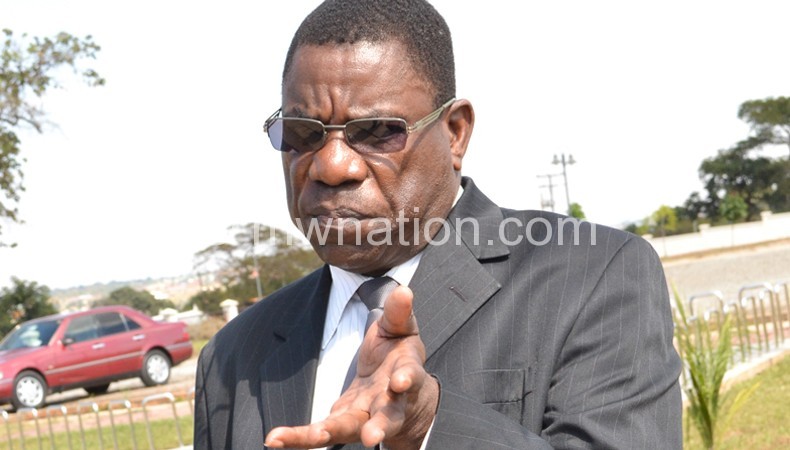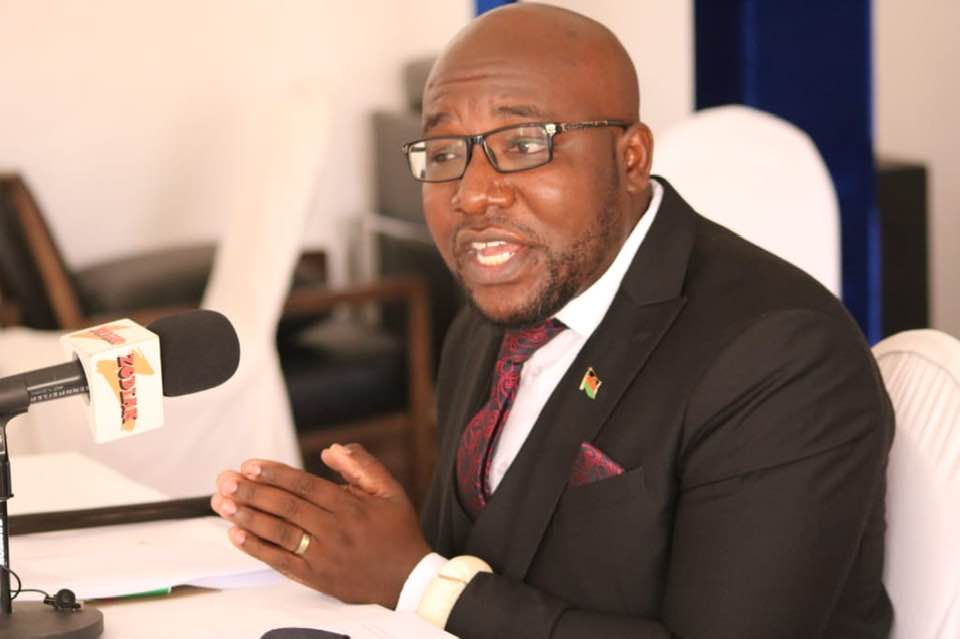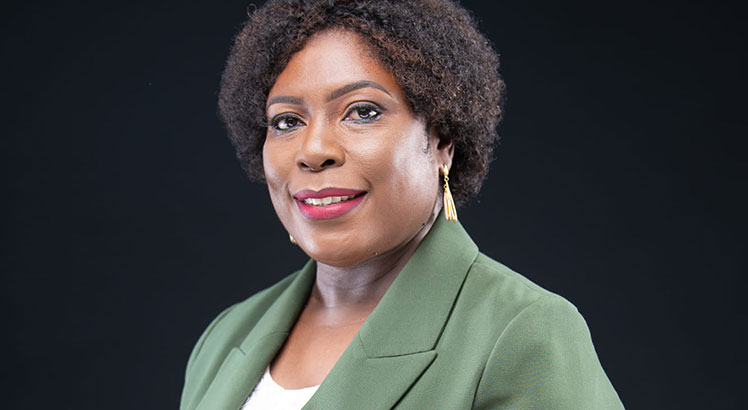Exclusive: K1.5bn/yr goes down the drain at boards—Kapito
The Consumers Association of Malawi (Cama) has reported ex officio members that serve on various parastatal boards to the Anti-Corruption Bureau (ACB) for abuse of K1.5 billion in allowances per year.
ACB director general Lucas Kondowe confirmed in an interview yesterday that the bureau received the Cama query but could not be drawn for further comments.

Cama wants the bureau to investigate how ex officio members to various parastatals boards, who are mostly principal secretaries and directors, continue to draw transport and travel (T&T) allowances when they attend board meetings yet they use government resources from their base.
In a letter dated January 22 2015, Cama executive director John Kapito alleged that with 65 parastatal boards, each of them comprising four ex officio members, and holding four meeting in a year, a conservative calculation of their allowances stands at K1.5 billion per year.
Kapito said Cama’s concern is that the ex officio members have official vehicles they use when travelling to attend both technical and board meetings maintained by government and fuel is provided.
Reads the letter Kapito signed to the ACB: “It has been a standing practice which we find abnormal…It is our understanding that government vehicles are maintained by government, and that government also provides fuel for its staff when they are travelling on duty.
“The anomaly that we have noted for a long time is that most of the ex officio members when attending such committee or board meetings for parastatal organisations come in government vehicles, but when the refunds are made for transport and travel, they are done in their personal names. The rightful person to receive the said transport and travel allowance is government.”
But Chief Secretary to Government George Mkondiwa in an interview yesterday said all he knows is that when civil servants travel for board business, the respective boards pay them and are not supposed to ask their respective departments to pay.
Mkondiwa said if the ex-officio members use personal vehicles, they are entitled to claim full T&T from the boards they have gone to; adding government stopped paying T&T.
He said since fuel is given to the entitled civil servants, in situations where an exofficio member has borrowed a vehicle from one who is entitled to fuel, that ex-officio officer can claim compensation for that fuel from their board.
Cama claimed the payment of these allowances has also created the tendency by ex officio members to have erratic representation on various board meetings as they try to juggle among them and attending as many meetings as possible, in a day or a location, to maximise allowances.
Reads the letter: “In some cases, and regrettably, in the majority of the cases, the ex officio are known to schedule more than one meeting to collect transport and travel allowances for each meeting attended.”
Cama said its expectation and understanding of the allowances is that it is only supposed to be paid to members that have used their personal cars to attend such meetings, and that anybody who has used public transport or a government vehicle can only claim any money upon a production of a valid receipt for purchase of fuel or a bus fare.
The letter reads: “We estimate that more than K1.5 billion is abused through this practice [in four meeting for each board in a year].”





